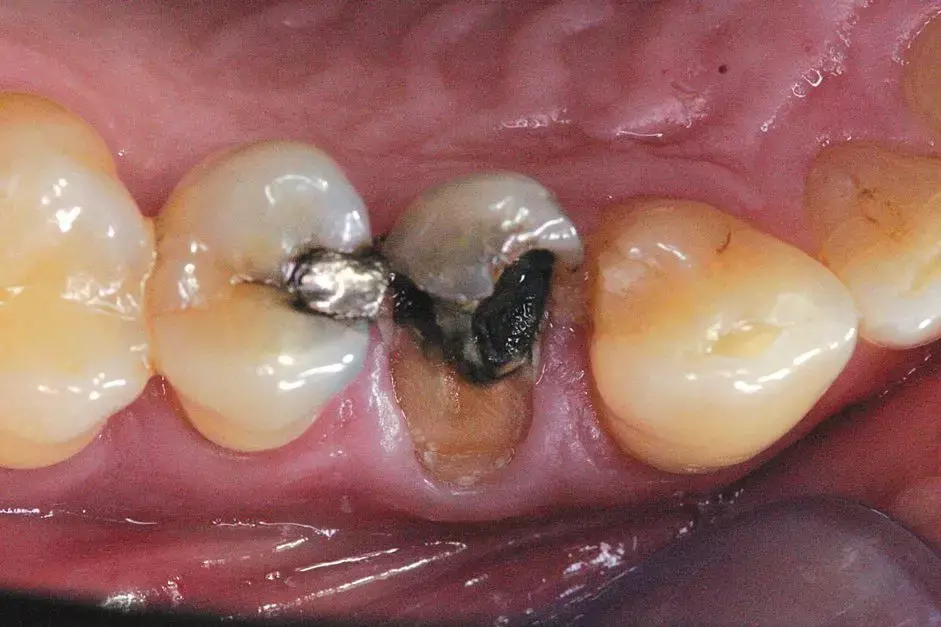- Home
- Medical news & Guidelines
- Anesthesiology
- Cardiology and CTVS
- Critical Care
- Dentistry
- Dermatology
- Diabetes and Endocrinology
- ENT
- Gastroenterology
- Medicine
- Nephrology
- Neurology
- Obstretics-Gynaecology
- Oncology
- Ophthalmology
- Orthopaedics
- Pediatrics-Neonatology
- Psychiatry
- Pulmonology
- Radiology
- Surgery
- Urology
- Laboratory Medicine
- Diet
- Nursing
- Paramedical
- Physiotherapy
- Health news
- Fact Check
- Bone Health Fact Check
- Brain Health Fact Check
- Cancer Related Fact Check
- Child Care Fact Check
- Dental and oral health fact check
- Diabetes and metabolic health fact check
- Diet and Nutrition Fact Check
- Eye and ENT Care Fact Check
- Fitness fact check
- Gut health fact check
- Heart health fact check
- Kidney health fact check
- Medical education fact check
- Men's health fact check
- Respiratory fact check
- Skin and hair care fact check
- Vaccine and Immunization fact check
- Women's health fact check
- AYUSH
- State News
- Andaman and Nicobar Islands
- Andhra Pradesh
- Arunachal Pradesh
- Assam
- Bihar
- Chandigarh
- Chattisgarh
- Dadra and Nagar Haveli
- Daman and Diu
- Delhi
- Goa
- Gujarat
- Haryana
- Himachal Pradesh
- Jammu & Kashmir
- Jharkhand
- Karnataka
- Kerala
- Ladakh
- Lakshadweep
- Madhya Pradesh
- Maharashtra
- Manipur
- Meghalaya
- Mizoram
- Nagaland
- Odisha
- Puducherry
- Punjab
- Rajasthan
- Sikkim
- Tamil Nadu
- Telangana
- Tripura
- Uttar Pradesh
- Uttrakhand
- West Bengal
- Medical Education
- Industry
Close to 9% of Teeth That Receive Large Restorations Might End Up With Pulpal Disease

Close to 9% of Teeth That Receive Large Restorations Might End Up With Pulpal Disease suggests a new study published in the Journal Of endodontics
Over the course of the study, 8.77% (n = 191) of patients developed pulpal disease. Pulpal disease was slightly more common in the large noncrown group than the full-coverage group (9.05% vs 7.54%, respectively). For patients who received large fillings, there was not a statistically significant difference based on operative material (amalgam vs composite: odds ratio = 1.32 [95% confidence interval, 0.94–1.85], P > .05) or the number of surfaces involved (3 vs 4: odds ratio = 0.78 [95% confidence interval, 0.54–1.12], P > .05). The association between the restoration type and the pulpal disease treatment performed was statistically significant (P < .001). The full-coverage group more frequently underwent endodontic treatment than extraction (5.78% vs 3.37%, respectively). Only 1.76% (n = 7) of teeth in the full-coverage group were extracted compared with 5.68% (n = 101) in the large noncrown group.
It appears that ∼9% of patients who receive large restorations will go on to develop pulpal disease. The risk of pulpal disease tended to be highest in older patients who receive large (4 surface) amalgam restorations. However, teeth with full-coverage restorations were less likely to be extracted.
Reference:
Devon M. Ptak, Anika Solanki, Lauren Andler, Deborah Tung, Shruti Jain, Elinor Alon. The Pulpal Response to Crown Preparation and Cementation. Published:March 08, 2023DOI:https://doi.org/10.1016/j.joen.2023.02.013
Keywords:
Close, 9%, Teeth, Receive, Large, Restorations, Might, End Up, Pulpal Disease,Journal Of endodontics, Devon M. Ptak, Anika Solanki, Lauren Andler, Deborah Tung, Shruti Jain, Elinor Alon, Chart review, crown, endodontic outcomes, pulpal response
Dr. Shravani Dali has completed her BDS from Pravara institute of medical sciences, loni. Following which she extensively worked in the healthcare sector for 2+ years. She has been actively involved in writing blogs in field of health and wellness. Currently she is pursuing her Masters of public health-health administration from Tata institute of social sciences. She can be contacted at editorial@medicaldialogues.in.
Dr Kamal Kant Kohli-MBBS, DTCD- a chest specialist with more than 30 years of practice and a flair for writing clinical articles, Dr Kamal Kant Kohli joined Medical Dialogues as a Chief Editor of Medical News. Besides writing articles, as an editor, he proofreads and verifies all the medical content published on Medical Dialogues including those coming from journals, studies,medical conferences,guidelines etc. Email: drkohli@medicaldialogues.in. Contact no. 011-43720751


